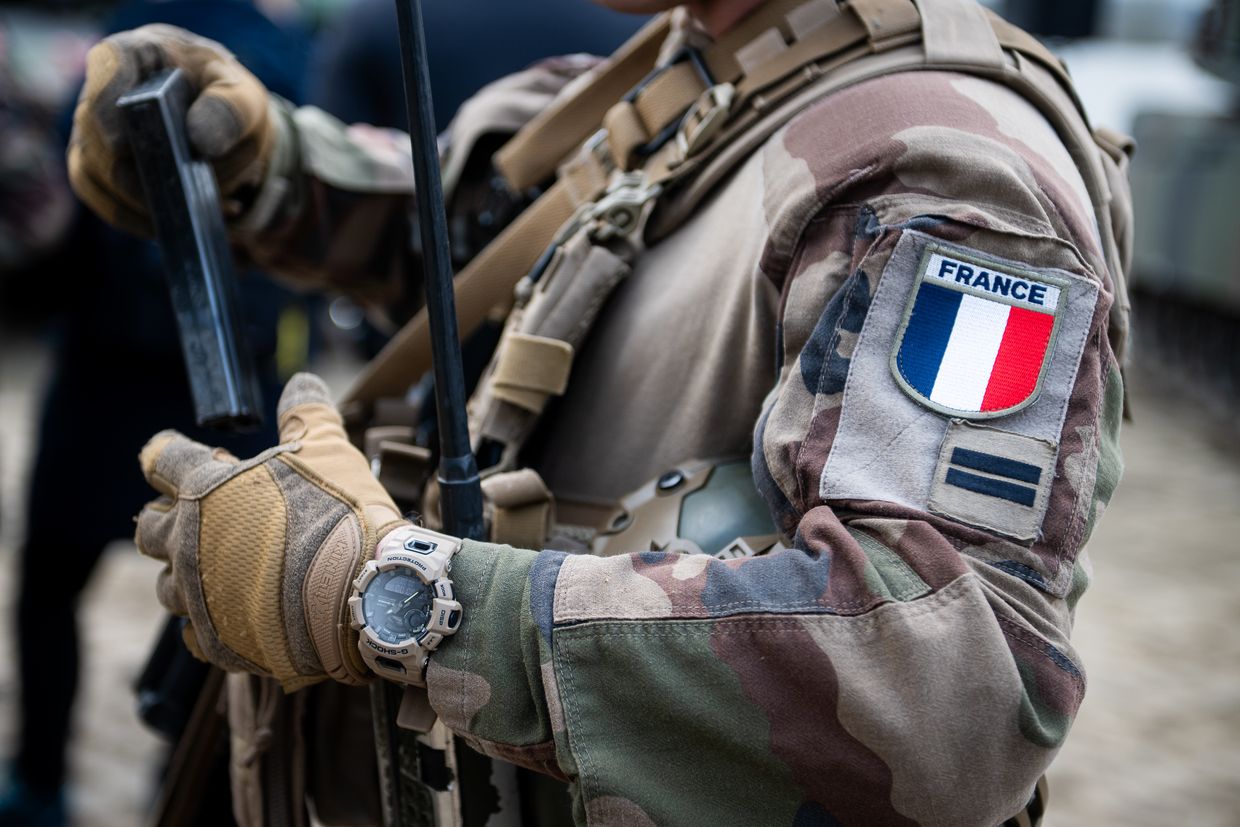NATO unlikely to issue membership invite to Ukraine at upcoming meeting, Reuters reports

Editor's note: This article has been updated to reflect comments made by NATO Secretary General Mark Rutte to the Financial Times on Dec. 2.
NATO countries will likely sidestep Ukraine's call to provide the embattled country with an invitation into the military alliance during the upcoming NATO Foreign Ministerial Meeting on Dec. 3-4, Reuters reported, citing multiple diplomats.
"It will take weeks and months to get consensus," an unnamed senior NATO diplomat told Reuters on the condition of anonymity. "I don't see that happening tomorrow, I would be very surprised."
Kyiv submitted its application to join NATO in September 2022, and in July 2024, the alliance affirmed Ukraine's "irreversible path to full Euro-Atlantic integration, including NATO membership" — although Ukraine has not received any definitive news about its future accession.
The comments come as Ukraine's Foreign Minister Andrii Sybiha asked on Nov. 29 that his NATO counterparts issue an invitation to Ukraine to join the alliance during the meeting in Brussels.
"I urge you to endorse the decision to invite Ukraine to join the Alliance as one of the outcomes of the NATO Foreign Ministerial Meeting on Dec. 3-4," Sybiha wrote at the time, pointing at the threat of Russian escalation through its use of the new Oreshnik intermediate-range ballistic missile, as well as the involvement of North Korean troops.
Last week, President Volodymyr Zelensky also suggested ending the "hot phase" of war along Ukraine's eastern front in exchange for NATO membership, not immediately including occupied territories.
In separate comments on a potential invite on Dec. 1, Zelensky said that the alliance's Article 5 collective defense principle may not apply to Ukrainian territories facing active combat if Ukraine were to join NATO.
Amid a recent shift in rhetoric, Zelensky said in in interview with Japan's Kyodo News that Ukraine might have to liberate some Russian-held territories through diplomatic means after the country's NATO membership becomes certain, as the country's military "lacks the strength" to do so immediately.
Despite Ukraine's pleas to join the alliance, a senior U.S. official told Reuters that the Dec. 3-4 meeting would focus on bringing Ukraine into the strongest possible position next year, "going into possible negotiations."
"The best way to (support Ukraine) is to surge money, munitions, and mobilization," the U.S. official added.
The comments comes as the Biden administration continues to make series of decisions aimed at giving Kyiv leverage in future negotiations, ahead of the January inauguration of President-elect Donald Trump — who has criticized military support for Kyiv.
Speaking to the Financial Times (FT) on Dec. 2, NATO Secretary General Mark Rutte said that increasing military aid to Ukraine ahead of potential peace negotiations was more important than the issue of when NATO membership could be offered to Kyiv.
"The most important thing now is to make sure that whenever Zelensky decides to get into peace talks, that he can do this from a position of strength," Rutte told FT. "That for me is now priority number one."
Instead of debates on the timing of the invitation, Rutte added that "for the immediate future, the most important thing is to get your military aid into Ukraine, particularly air defence, but also the offensive systems they need to fight a war."
Zelensky, who has repeatedly called on partners to issue a membership invitation to Kyiv, previously said that Ukraine will join NATO only after Russia's full-scale war ends.











